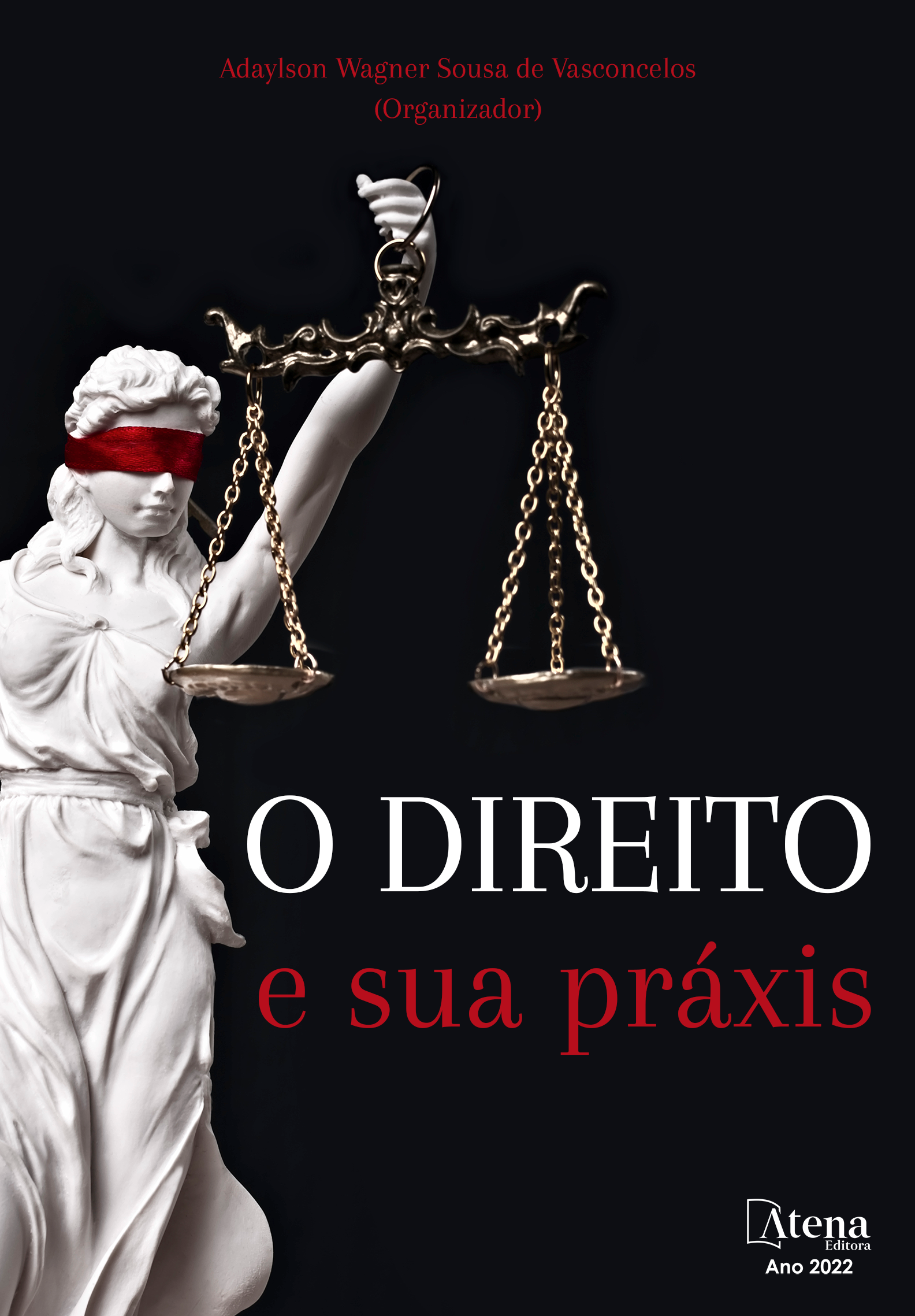
PADRÕES DECISÓRIOS E A INTELIGÊNCIA ARTIFICAL
O Código de Processo Civil brasileiro trouxe, entre outras inovações, a criação, por lei, de uma “doutrina de precedentes” judiciais. A intenção legislativa da formação de um arcabouço de precedentes judiciais, na prática foi desregrada com a criação e imposição vertical de teses hierarquizadas pelos Tribunais Superiores. Dentro do limite temporal de nossa época, as novas tecnologias são incorporadas ao direito processual e a rotina dos Tribunais, sem uma necessária “filtragem” e de forma independente entre Tribunais. Constatado um enorme acervo de processos pendentes de solução nos Tribunais Superiores, a Inteligência Artificial e o machine learning surgem como alternativas para solução de demandas, otimizando prazos e qualificando as decisões. Entretanto o uso indiscriminado de novas tecnologias, sem que sejam consolidadas discussões éticas sobre o tema, podem gerar distorções quando da tomada de decisões, total ou parcialmente apoiada pela inteligência artificial.
PADRÕES DECISÓRIOS E A INTELIGÊNCIA ARTIFICAL
-
DOI: 10.22533/at.ed.85522010831
-
Palavras-chave: Inteligência Artificial. Machine Learning. Precedentes. Direitos Fundamentais.
-
Keywords: Artificial Intelligence, Machine Learning, Precedent, Fundamental Rights,
-
Abstract:
The Brazilian Civil Procedure Code brought, among other innovations, the creation, by law, of a “doctrine of judicial precedents”. The legislative intention of forming a framework of judicial precedents, in practice, was unregulated with the creation and vertical imposition of hierarchical theses by the Superior Courts. Within the time limit of our time, new technologies are incorporated into procedural law and the routine of the Courts, without a necessary “filtering” and independently between Courts. Having found a huge collection of pending solutions in the Superior Courts, Artificial Intelligence and machine learning emerge as alternatives for solving demands, optimizing deadlines and qualifying decisions. However, the indiscriminate use of new technologies, without consolidating ethical discussions on the subject, can generate distortions when making decisions, fully or partially supported by artificial intelligence.
-
Número de páginas: 28
- William Soares Pugliese
- Amilcar Cordeiro Teixeira Filho


